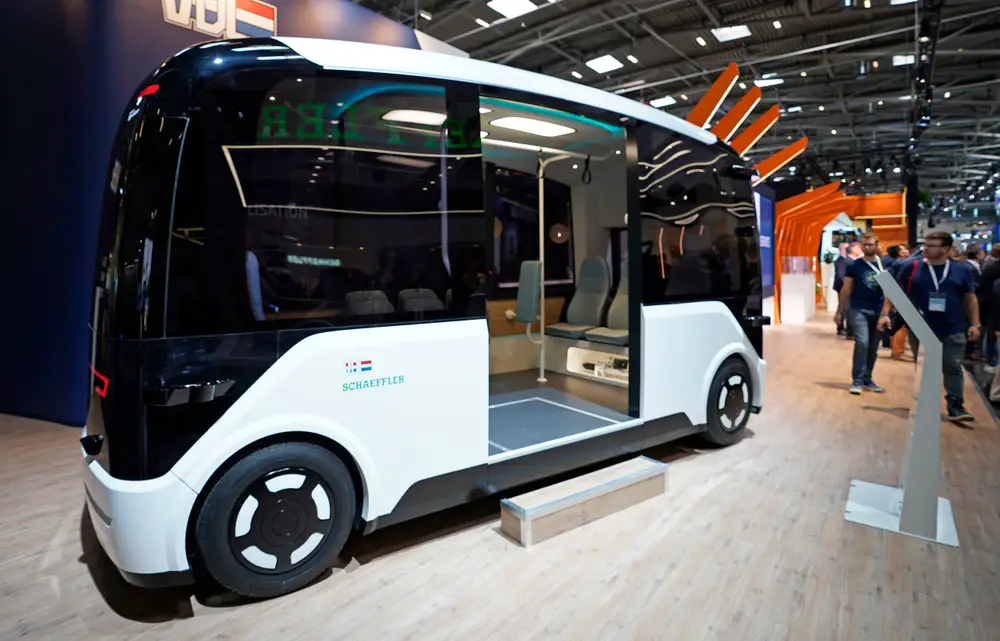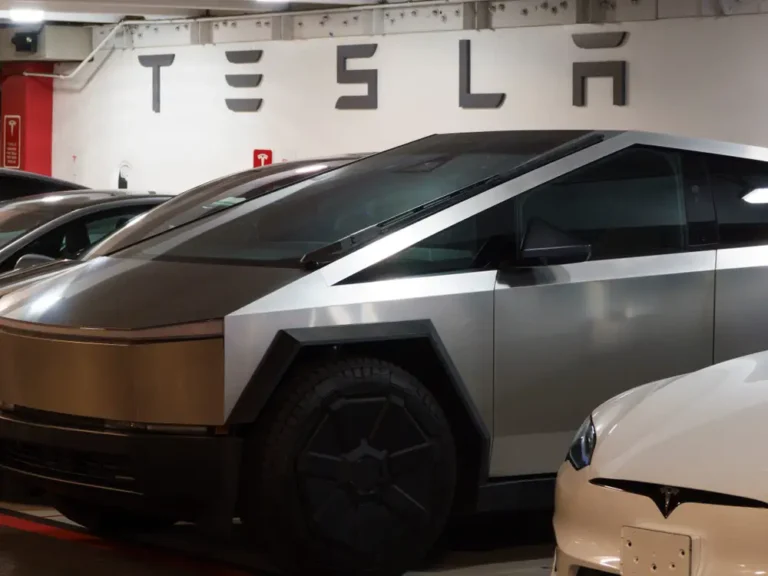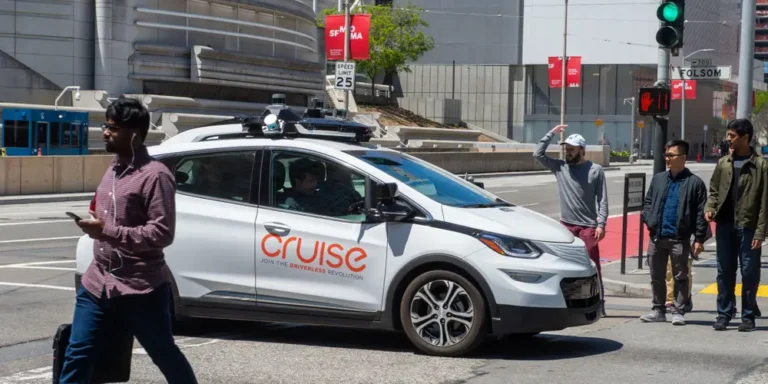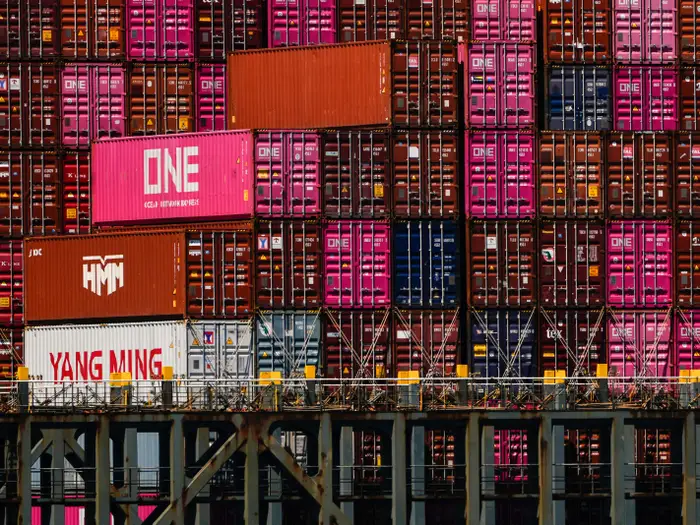Parts supplier cuts thousands of jobs as Germany’s auto woes deepen

An autonomous vehicle from Schaeffler at the IAA motor show in Munich, Germany last year.
Germany’s auto industry is under intense pressure — and now thousands of jobs will go at a key company in the supply chain.
Auto parts supplier Schaeffler said on Tuesday it would cut about 4,700 jobs across Europe and close two of its 10 locations in Germany. The move comes a week after union officials said Volkswagen was planning to shut factories in its home market for the first time.
Schaeffler, which supplies parts to companies including VW, BMW, and Mercedes-Benz, said it would cut about 2,800 jobs in Germany as part of an effort to save 290 million euros ($316 million) a year by 2029.
Relocating some production meant the net number of job losses would be about 3,700, the company said.
Schaeffler CEO Klaus Rosenfeld said in a press release that the moves were necessary to safeguard the group’s competitiveness over the long term.
Net profit for the nine months to September 30 fell almost 40% to 250 million euros compared with the same period last year. The stock fell almost 6% in Frankfurt.
Schaeffler’s struggles add to the upheaval facing Germany’s automotive industry — a vital part of Europe’s largest economy.
Volkswagen is considering closing as many as three factories and cutting thousands of jobs, the company’s top union official said, after it issued two profit warnings in three months.
Rivals Mercedes and BMW have also warned on profits amid sliding sales, with Mercedes saying it would seek “cost improvements” across its business after EV sales fell 31% in the third quarter compared with a year earlier.
Automakers and suppliers are struggling with stuttering demand for EVs in Europe even as they pour billions into transitioning from combustion engine vehicles.
The likes of Mercedes, BMW, and VW are also facing a growing crisis in China, with all three reporting sliding sales in the world’s largest car market.
The European giants are coming under pressure from Chinese EV companies including BYD and Zeekr which are winning market share from foreign firms.
Many of those companies are now expanding in Europe, despite the EU’s tariffs on Chinese EV imports. BYD announced plans to bring its ultra-cheap Seagull hatchback to the continent next year and is building factories in Hungary and Turkey.
Schaeffler declined to comment.






